Entry Category: Print Journalism - Starting with D
Daily Picayune
Daily Record (Little Rock) [Newspaper]
Daily Siftings Herald (Arkadelphia)
Daily Soliphone
Danley, Christopher Columbus
Das Arkansas Echo
aka: Arkansas Echo
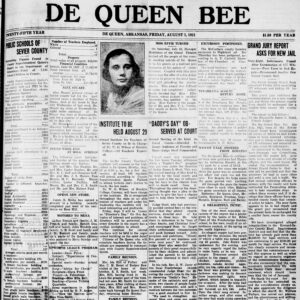 De Queen Bee
De Queen Bee
De Queen Bee
Deane, Ernie
aka: Ernest Cecil Deane
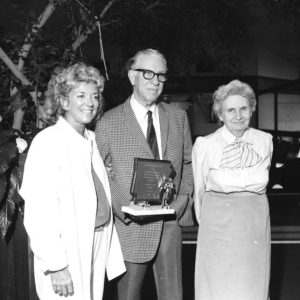 Ernie Deane
Ernie Deane
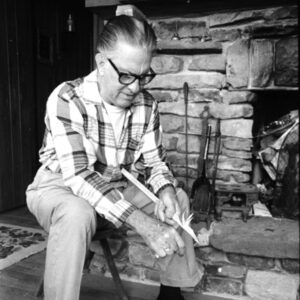 Ernie Deane
Ernie Deane
Dearmore, Thomas Lee (Tom)
Denton, Herbert Jr.
 Herbert Denton Jr.
Herbert Denton Jr.
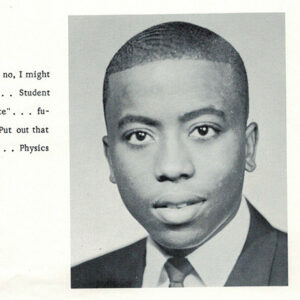 Herbert Denton Jr.
Herbert Denton Jr.
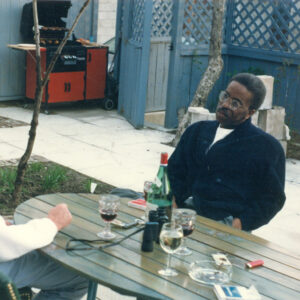 Herbert Denton Jr.
Herbert Denton Jr.
Dermott News
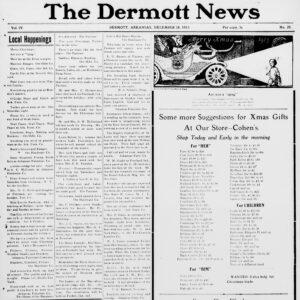 Dermott News
Dermott News
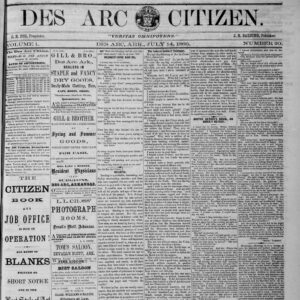 Des Arc Citizen
Des Arc Citizen
Dhonau, Jerry Franklin
Douthit, George Clinton
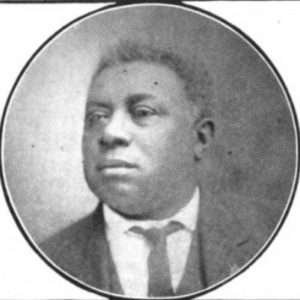 J. C. Duke
J. C. Duke
Dumas, Ernest Clifton (Ernie)
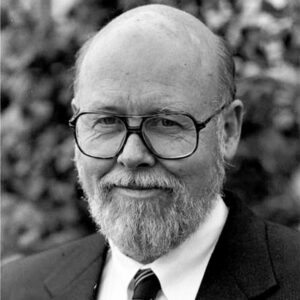 Ernie Dumas
Ernie Dumas
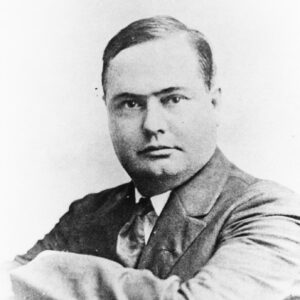 Louis S. Dunaway
Louis S. Dunaway
Dunaway, Louis Sharpe
 Maud Duncan
Maud Duncan
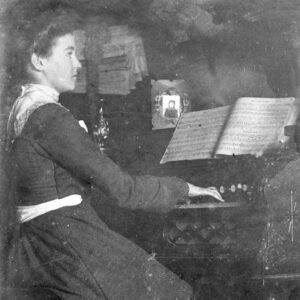 Maud Duncan
Maud Duncan
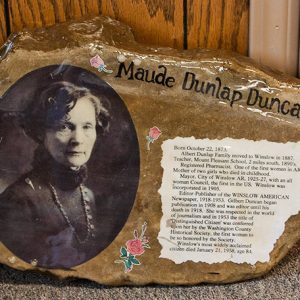 Maud Duncan Display
Maud Duncan Display




